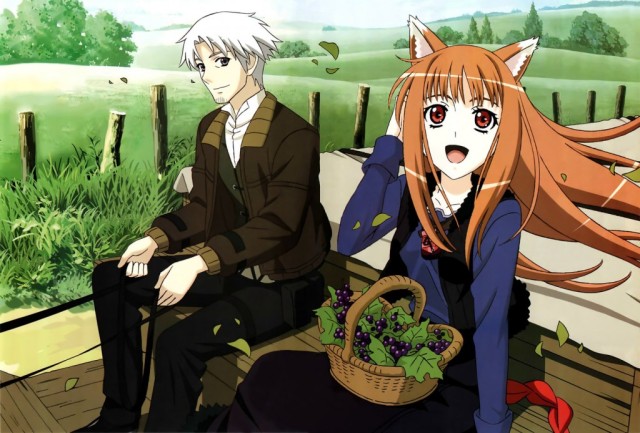As I was watching Mardock Scramble, I thought to myself that Catholic ideas heavily influenced this show. I wonder whether Tow Ubukata is Catholic himself or at least admires the Faith. After all, he is known for writing Chevalier D’Eon, which contains many references to Catholic motifs, but it also takes on a cultish quality. This leads me to believe that Ubukata admires features of the Faith without being part of it, but I don’t know for sure.

But, the Christian motifs of Mardock Scramble alongside the terrible evils committed in that show remind me of how atheists think that the Problem of Evil suffices to prove that God does not exist. Believers must be living on cloud nine, happily removed from evil and suffering! If only the Christians of modern nations instead lived in the violent regions of Africa where where the evils of cannibalism, rape, torture, murder, mutilation, etc. were common, then we should be forced to conclude that God was absent from the universe!

Yet, believers often experience more evils than most people, not less. African Christians suffer the very evils I mentioned above. Even if Christians choose a life of exclusion, as ascetics like St. Guthlac and St. Anthony of Egypt have done, then devil comes after them–at least, with greater frequency than those living in human society. Then again, who can forget the example of St. Pio of Pietrelcina, who endured persecution from demons, unbelievers, skeptics, Church authorities, and even distrust from members of his own community! Of course, we should also look to our greatest examples, Our Lord and Lady, whose perseverance through hardships and manifold evils earned them the titles of the Man of Sorrows and Our Lady of Sorrows respectively. We cannot but know that the more one strives to be good and to attain the truest goods the more evil and darkness one experiences. If one delights so perfectly in God so that all one’s works and loves must refer to God as their final end, then the very presence of God may be taken away from one–as famously happened to Mother Teresa.

You’d never suspect that such a happy person experienced much darkness.
The reason why God permits such pain often escapes us. I can only suppose that God wishes His followers to be so free as to choose righteousness in the complete absence of reward. At such times, the atheistic ridicule that Christians believe in a figment of their imaginations–an imaginary friend–particularly hurts. To draw a comparison to Mardock Scramble, the person whom Rune Balot completely relies on is Oeufcoque (The name “Egg cock” is ridiculous in itself), a talking golden mouse which can transform into a variety of tools. Her complete reliance upon Oeufcoque is reminiscent of the reliance that a Christian is supposed to place in God. And I could imagine an atheist ridiculing a Christian’s faith in God as being similar to hoping in a talking golden mouse. After all, do their arguments involving a flying spaghetti monster pose any less ridiculous a concept?

At some of the darkest points in these OVAs, I doubt that Balot feels Oeufcoque’s presence. This is especially so in the thick of her fights and when she experiences the evil memories of the person who tried to kill her. Yet, her love for Ouefcoque counts as a lifeline for her at such times. Similarly, a Christian must count on Christ at the times when He seems absent and hell seems ever-present. One must keep the memory of God alive through all kinds of troubles, remembering that when Jesus Christ felt the most darkness–His Passion and Death–he effected the salvation of the world.

In the same way, God also produces the most good in us and others when we act with God despite darkness. So, the Christian’s solution to the Problem of Evil is by conquering evil through faith in the love of God and good works. Keeping faith in difficult times and continuing to do the works Christ would have us do is more than enough proof of God’s victory over the devil and all evil.









